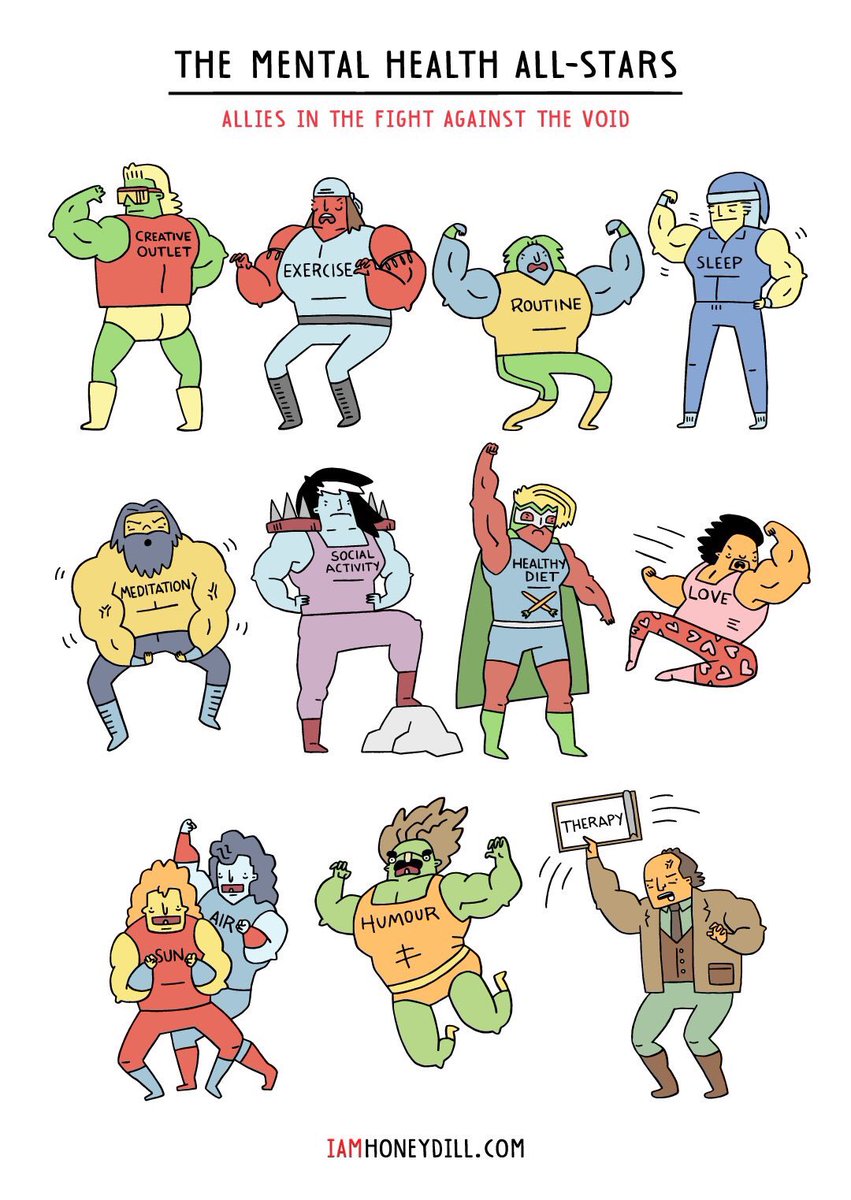Success
Minding Your Mental Health During the Pandemic: Setting Limits and Routines
Minding Your Mental Health by Setting Limits and Routines
Keeping a realistic perspective of the situation based on facts is important. Here are some ways you can do this:
Stay informed but set limits for news and social media
The constant stream of social media updates and news reports about coronavirus could cause you to feel worried. Sometimes it can be difficult to separate facts from rumours. Use trustworthy and reliable sources to get your news.
You can read up to date information on https://www2.hse.ie/coronavirus/
On social media, people may talk about their own worries or beliefs. You don’t need to make them your own. Too much time on social media may increase your worry and levels of anxiety. Consider limiting how much time you spend on social media.
If you find the coverage on coronavirus is too intense for you, talk it through with someone close or get support.
Keep up your healthy routines
Your routine may be affected by the coronavirus outbreak in different ways. But during difficult times like this, it’s best if you can keep some structure in your day.
It’s important to pay attention to your needs and feelings, especially during times of stress. You may still be able to do some of the things you enjoy and find relaxing.
Do you need to talk to someone?
Free call Samaritans 116 123 or Text 086 1800 280

Staying well while social distancing
Here are some tips on staying well when social distancing:
- Establish a daily routine. Routines provide structure and purpose.
- Balance your weekly routine so you have a good mix of work (activities that have to be done), rest, and leisure.
- Think about which regular activities that are most important to you. What are the important elements of these? Can you adapt them to carry out in the home? For example, instead of a class, following an online strength training regime.
- Set daily goals to provide purpose and a sense of achievement. This might include working through that list of the things you keep meaning to do but never get round to?
- Identify the triggers that make you feel low and look for ways to reduce or manage them.
- Talk with family, friends, and neighbours to help them understand how you feel and how they can help. Can they talk you through using apps on your mobile phone, for instance?
- Take care of yourself. Eat and drink healthily with plenty of fruit, vegetables, and water.
- Avoid staying still for too long. Exercise and regular movement will maintain fitness and strength. If you are working from home, take breaks, and eat away from your workspace.
- Have a good sleep routine. Try avoiding tea and coffee in the late afternoon and evening, take a bath, use blackout curtains or listen to gentle music.
- Keep in touch. Arrange to speak to someone most days on the phone, through social media or over the garden fence.